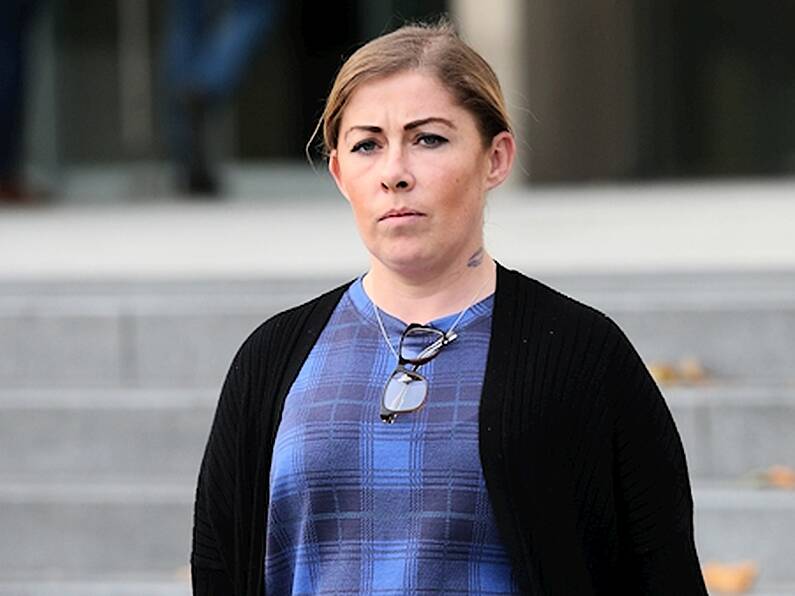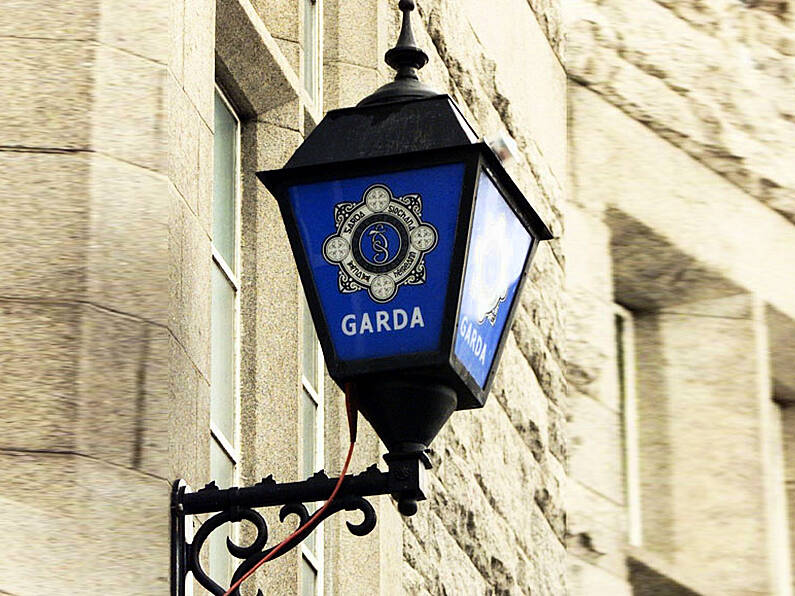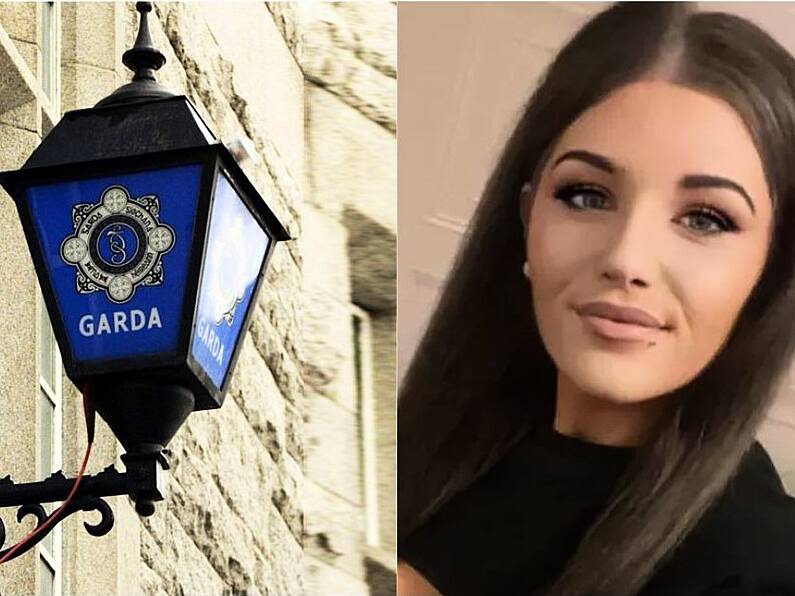A woman did not carry out a severe knife attack on another woman because of “delusional” impulses but rather because of “anger” and “a sense of entitlement”, a consultant psychiatrist has told the Central Criminal Court.
Laura Kenna (37), of no fixed abode, is charged with attempting to murder Fionnuala Burke on Lower Drumcondra Road, in Dublin, on January 3, 2017 and assault causing serious harm on the same occasion.
Ms Kenna has pleaded not guilty by reason of insanity to both counts.
Called to give evidence by prosecution counsel, Mr Anthony Sammon SC, Dr Harry Kennedy said it is his professional opinion that Ms Kenna’s attack on Ms Burke would not come “under the definition of insanity”.
Reading from his psychiatric evaluation of Ms Kenna, Dr Kennedy told the Central Criminal Court that Ms Kenna had the “ability to fabricate for her own interests” by refusing to answer certain questions when being interviewed by gardaí in the days following the attack.
Dr Kennedy said that Ms Kenna was making “flippant” and “misleading” replies for her own benefit, such as saying she had “walked to Belfast following the attack”.
Dr Kennedy also pointed out that after carrying out the attack, Ms Kenna had the ability to argue with a worker at Drumcondra railway station regarding purchasing a train ticket. Dr Kennedy referred to Ms Kenna as an “inconsistent historian” and that she possesses “callous” and “unemotional” personality traits.
Dr Kennedy pointed out that in his assessment of Ms Kenna, she said that on the night of her attack on Ms Burke she “followed another woman but let her go” which he said indicated that Ms Kenna knew what she was doing in selecting her victim.
Dr Kennedy told the court that there was no evidence in his evaluation of the accused that she could "not refrain from the attack". He said that rather it was done in "anger" and involved a "sense of entitlement" as Ms Kenna later mentioned to the gardaí on numerous occasions that she "needed money".
He also told the court that Ms Kenna said at one point she was "disappointed she didn't kill the victim" and that in his opinion she did not seem to be operating under "delusional" impulses.
Dr Kennedy agreed that Ms Kenna “meets the criteria for schizoaffective disorder” but explained that this is a condition that involves “lapsing and relapsing”.
He explained that Ms Kenna is more mentally well when she is on medication for her illness and abstaining from taking toxicants.
Dr Kennedy referred to a previous occasion when Ms Kenna attacked at woman at a LUAS stop by stabbing her in the face with a pen. He stated that he believed Ms Kenna was “hearing voices” at this time as she appeared to believe she had been insulted by the victim.
Dr Kennedy pointed out how in regards to the current offence against Ms Burke, Ms Kenna was talking about stealing the victim’s handbag and did not appear to be suffering from a schizoaffective episode.
When being cross-examined by Ms Kenna’s barrister Mr Barry White SC, Dr Kennedy was asked if he was “here to carry a shield for the prosecution”.
Referring to Dr Kennedy’s analysis of Ms Kenna’s mental state during the previous attack at a LUAS stop, Mr White asked if it was likely Ms Kenna would go from being “mad to bad to mad [again]”.
Dr Kennedy responded by saying that “the natural history” of schizoaffective disorder “varies rapidly from day to day”.
The court heard evidence yesterday from another consultant psychiatrist, Dr Stephen Monks who had opposing views to Dr Kennedy, saying that he believed Ms Kenna was not aware of the nature of her actions during the attack.
The trial continues tomorrow before Ms Justice Tara Burns.






